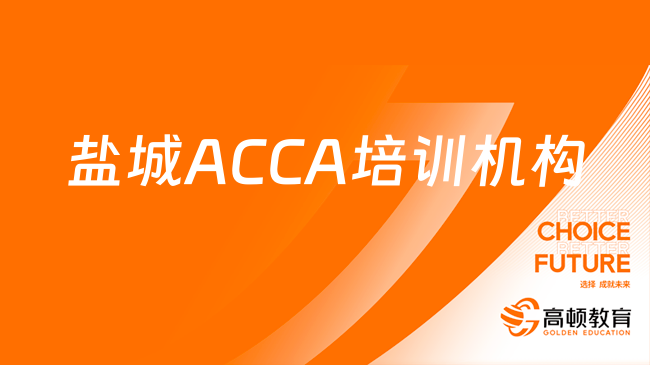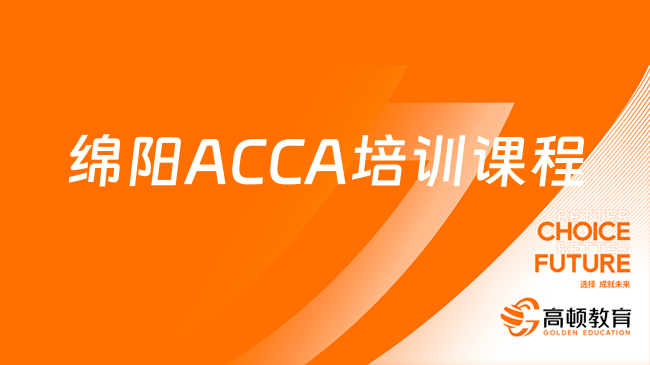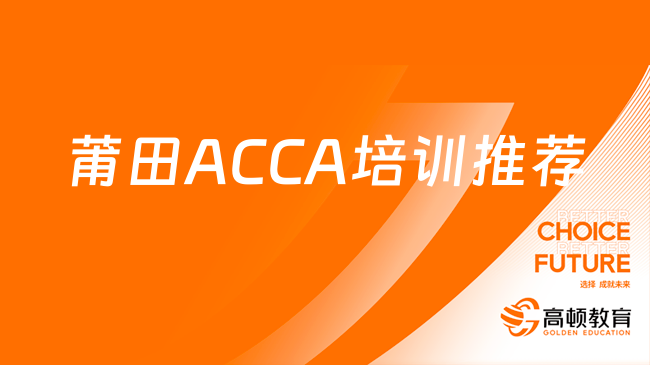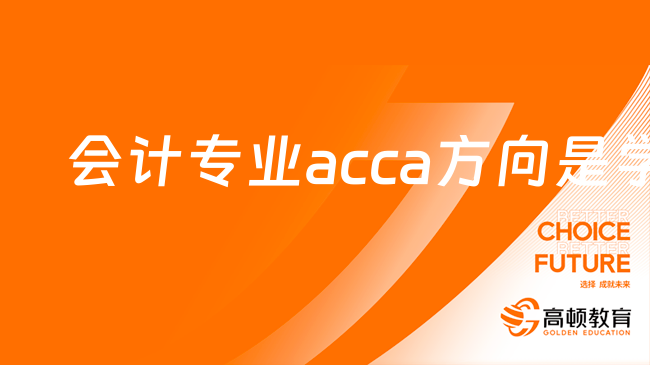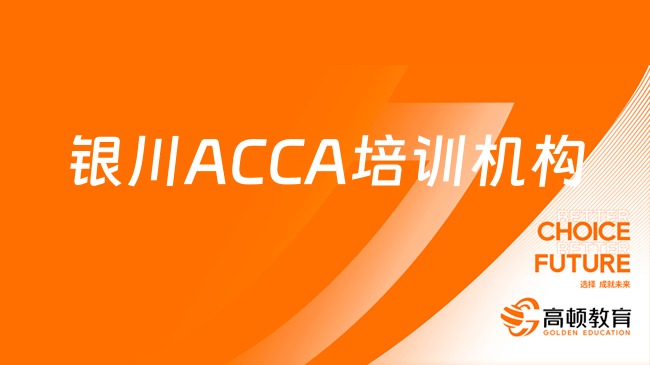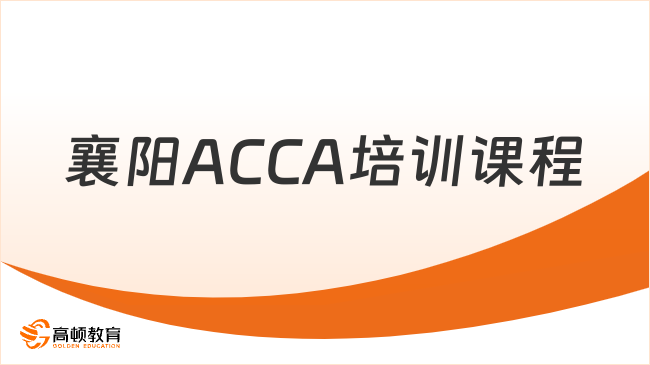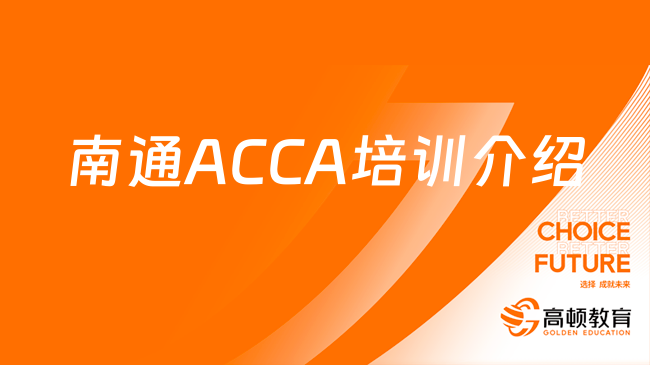新年回顾:2014年6月ACCA《公司法与商法》真题及答案探究二
来源:
高顿网校
2015-02-25
漫漫考试路,各位考生,您准备好了吗?如何快乐高效的学习?高顿网校为广大学员提供2015年ACCA考试网络课程,请各位考生紧跟网校名师的步伐尽快进入备考复习,让高顿与您共同努力,2015年考试顺利通过!祝您梦想成真!免费听课》
Question:
Question:
In relation to the law of contract,explain the rules relating to:
(a)acceptance of an offer;
(b)revocation of an offer.
Answer:
This question requires an explanation of the rules relating to the acceptance and revocation of offers in contract law.
(a)Acceptance is necessary for the formation of a contract. Once the offeree has accepted the terms offered, a contract comes into effect. Both parties are bound: the offeror can no longer withdraw their offer, nor can the offeree withdraw their acceptance. The rules relating to acceptance are:
(i)Acceptance must correspond with the terms of the offer. Thus, the offeree must not seek to introduce new contractual terms into their acceptance (Neale v Merrett (1930))。
(ii)A counter-offer does not constitute acceptance (Hyde v Wrench (1840))。 Analogously, a conditional acceptance cannot create a contractual relationship (Winn v Bull (1877))。
(iii)Acceptance may be in the form of express words, either oral or written. Alternatively, acceptance may be implied from conduct (Brogden v Metropolitan Railway Co (1877))。
(iv)Generally, acceptance must be communicated to the offeror. Consequently, silence cannot amount to acceptance (Felthouse v Bindley (1863))。
(v)Communication of acceptance is not necessary, however, where the offeror has waived the right to receive communication. Thus in unilateral contracts, such as Carlill v Carbolic Smoke Ball Co (1893), acceptance occurred when the offeree performed the required act. Thus, in the Carlill case, Mrs Carlill did not have to inform the Smoke Ball Co that she had used their treatment.
(vi)Where acceptance is communicated through the postal service, then it is complete as soon as the letter, properly addressed and stamped, is posted. The contract is concluded even if the letter subsequently fails to reach the offeror(Adams v Lindsell (1818))。 However, the postal rule will only apply where it is in the contemplation of the parties that the post will be used as the means of acceptance. If the parties have negotiated either face to face, in a shop, for example, or over the telephone, then it might not be reasonable for the offeree to use the post as a means of communicating their acceptance and they would not gain the benefit of the postal rule.
The postal rule applies equally to telegrams (Byrne v Van Tienhoven (1880))。 It does not apply, however, when means of instantaneous communication are used (Entores v Miles Far East Corp (1955))。
In order to expressly exclude the operation of the postal rule, the offeror can insist that acceptance is only to be effective on receipt (Holwell Securities v Hughes(1974))。 The offeror can also require that acceptance be communicated in a particular manner. Where the offeror does not insist that acceptance can only be made in the stated manner, then acceptance is effective if it is communicated in a way no less advantageous to the offeror (Yates Building Co v J Pulleyn& Sons (1975))。
(b)Revocation is the technical term for the cancellation of an offer and occurs when the offeror withdraws their offer. The rules relating to revocation are:
(i)An offer may be revoked at any time before acceptance. However, once revocation has occurred, it is no longer open to the offeree to accept the original offer (Routledge v Grant (1828))。
(ii)Revocation is not effective until it is actually received by the offeree. This means that the offeror must make sure that the offeree is made aware of the withdrawal of the offer, otherwise it might still be open to the offeree to accept the offer(Byrne v Tienhoven (1880))。
(iii)Communication of revocation may be made through a reliable third party. Where the offeree finds out about the withdrawal of the offer from a reliable third party, the revocation is effective and the offeree can no longer seek to accept the original offer (Dickinson v Dodds (1876))。
(iv)A promise to keep an offer open is only binding where there is a separate contract to that effect. Such an agreement is known as an option contract, and it must be supported by separate consideration for the promise to keep the offer open.
(v)In relation to unilateral contracts, i.e. a contract where one party promises something in return for some action on the part of another party, revocation is not permissible once the offeree has started performing the task requested (Errington v Errington & Woods (1952))。
小编寄语:只要功夫深,铁杵磨成针。考试也是这样,只要够努力,功到自然成。
精彩推荐:
| 课程专业名称 | 讲师 | 试听 | |
 | ACCA 全维度网课体验课程 | 高顿名师 |  |
 | ACCA网课全科卡(8.2折) | 高顿名师 |  |
版权声明:本条内容自发布之日起,有效期为一个月。凡本网站注明“来源高顿教育”或“来源高顿网校”或“来源高顿”的所有作品,均为本网站合法拥有版权的作品,未经本网站授权,任何媒体、网站、个人不得转载、链接、转帖或以其他方式使用。
经本网站合法授权的,应在授权范围内使用,且使用时必须注明“来源高顿教育”或“来源高顿网校”或“来源高顿”,并不得对作品中出现的“高顿”字样进行删减、替换等。违反上述声明者,本网站将依法追究其法律责任。
本网站的部分资料转载自互联网,均尽力标明作者和出处。本网站转载的目的在于传递更多信息,并不意味着赞同其观点或证实其描述,本网站不对其真实性负责。
如您认为本网站刊载作品涉及版权等问题,请与本网站联系(邮箱fawu@gaodun.com,电话:021-31587497),本网站核实确认后会尽快予以处理。
点一下领资料
【整理版】ACCA各科目历年真题
真题高频考点,刷题全靠这份资料
下载合集
acca全科学习思维导图
梳理核心考点,一图看懂全部章节
下载合集
2023年acca考纲解析
覆盖科目重难点,备考按照计划走
下载合集
acca备考 热门问题解答
- acca考试怎么搭配科目?
-
建议优先选择相关联的科目进行搭配报考,这样可以提高备考效率,减轻备考压力,1、F1-F4:为随时机考科目,难度较低,这里可以自行随意选择考试顺序。2、F5-F9:如果你的工作的和财务会计或者审计有关、或者你比较擅长财务和审计的话,推荐先考F7和F8。你可以选择一起考ACCA考试科目F7和F8或者先考F7(8)再考F8(7),这就要取决你一次想考几门。3、P阶段:选修科目中,建议企业首选AFM!第二部分科目进行选择,如果AA和SBR掌握学生更好,可以通过选择AAA,如果SBL掌握的好,可以自己选择APM。
- acca一共几门几年考完?
-
acca一共有15门考试科目,其中有必修科目和选修科目,考生需要考完13门科目才能拿下证书。
- acca一年考几次?
-
acca一年有4次考试,分别是3月、6月、9月和12月,分季机考科目是采取的这类四个考季的模式,而随时机考则是没有这方面的时间规定限制,可以随报随考。
- acca的含金量如何?
-
ACCA证书的含金量是比较高的,从就业、能力提升、全球认可等角度来说,都是比较有优势的证书,其含金量主要表现在以下几个方面:1、国际化,认可度高;2、岗位多,就业前景好;3、缺口大,人才激励。
严选名师 全流程服务
其他人还搜了
热门推荐
-
盐城ACCA培训机构,高顿ACCA要不要报? 2023-07-04
-
绵阳ACCA培训课程,高顿ACCA值得报吗? 2023-07-04
-
莆田ACCA培训推荐,高顿ACCA要不要报? 2023-07-03
-
昆山ACCA培训班,高顿ACCA培训介绍? 2023-07-03
-
会计专业有哪些证书大学可以考?证书报考条件及获取指南一览! 2023-07-03
-
会计专业acca方向是学什么的? 2023-07-03
-
银川ACCA培训机构,高顿ACCA有哪些优势? 2023-07-03
-
襄阳ACCA培训课程,高顿ACCA值得报吗? 2023-07-03
-
南通ACCA培训介绍,高顿ACCA课程如何? 2023-07-03
-
鞍山ACCA培训推荐,高顿ACCA推荐吗? 2023-07-03
-
西宁ACCA培训推荐,高顿ACCA有哪些优势? 2023-06-26
-
江门ACCA培训机构,高顿ACCA好不好? 2023-06-26
-
赣州ACCA培训课程,高顿ACCA推荐吗? 2023-06-26
-
廊坊ACCA培训班,高顿ACCA值得报名吗? 2023-06-25
-
大同ACCA培训介绍,高顿ACCA课程如何? 2023-06-25
-
大同ACCA培训介绍,高顿ACCA课程如何? 2023-06-25
-
保定ACCA培训推荐,高顿ACCA培训介绍? 2023-06-25
-
珠海ACCA培训推荐,高顿ACCA要不要报? 2023-06-25
-
邯郸ACCA培训介绍,高顿ACCA怎么样? 2023-06-25
-
包头ACCA培训课程,高顿ACCA课程如何? 2023-06-25
-
烟台ACCA培训推荐,高顿ACCA课程怎么样? 2023-06-25
-
洛阳ACCA培训班,高顿ACCA值得报名吗? 2023-06-25
-
徐州ACCA培训推荐,高顿ACCA怎么样? 2023-06-21
-
唐山ACCA培训介绍,高顿ACCA要不要报? 2023-06-21
-
绍兴ACCA培训课程,高顿ACCA推荐吗? 2023-06-21
-
柳州ACCA培训班,高顿ACCA好不好? 2023-06-21
-
呼和浩特ACCA培训机构,高顿ACCA培训介绍? 2023-06-21
-
海口ACCA培训推荐,高顿ACCA怎么样? 2023-06-21
-
温州ACCA培训课程,高顿ACCA怎么样? 2023-06-21
-
淄博ACCA培训机构,高顿ACCA好不好? 2023-06-21
 更多服务
更多服务







